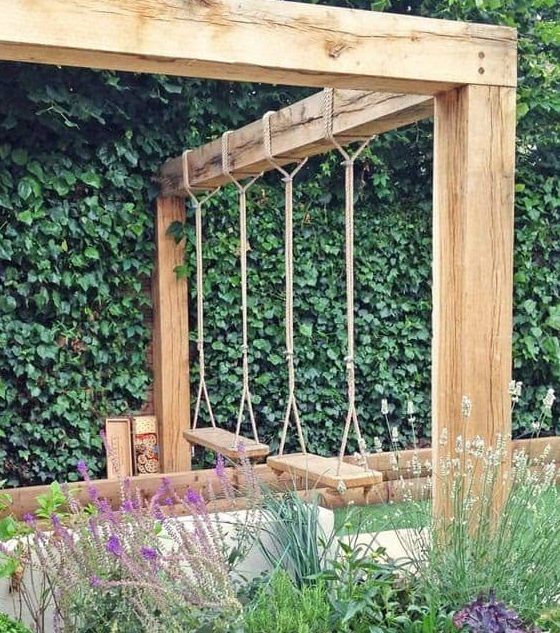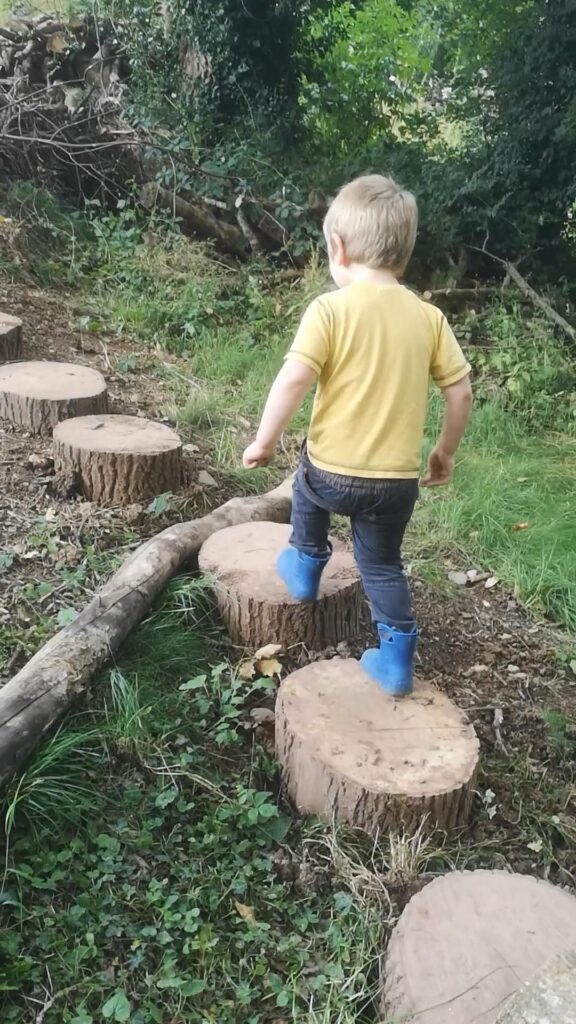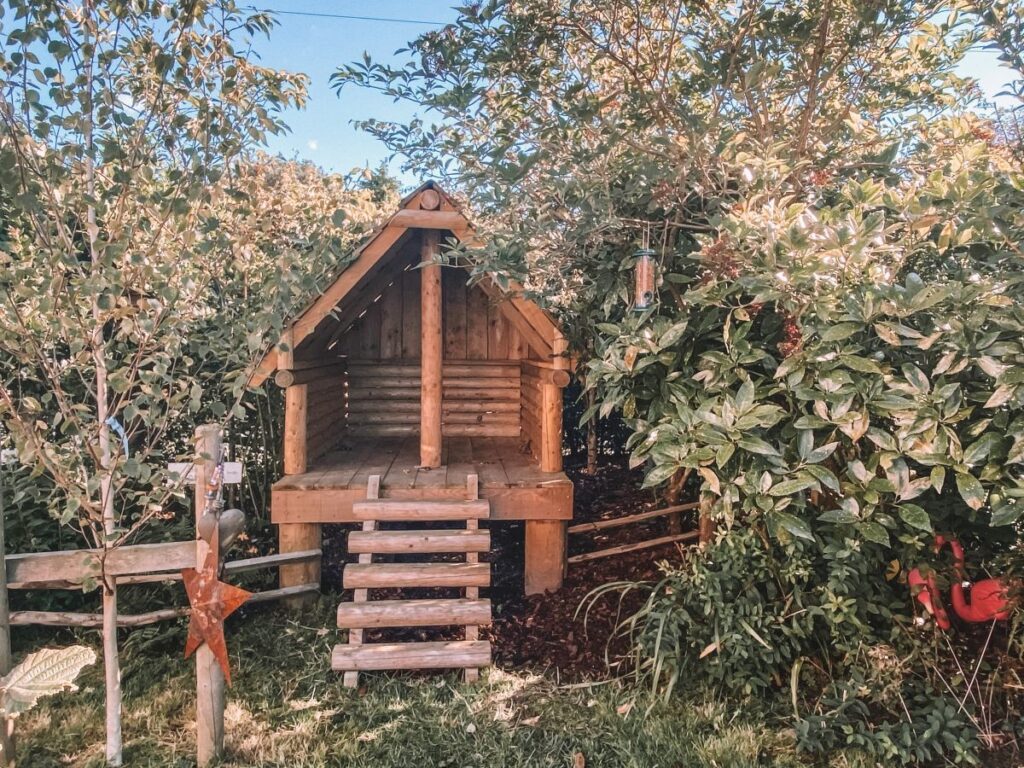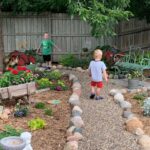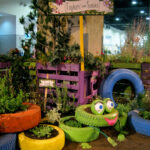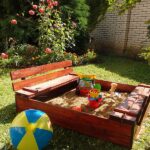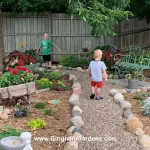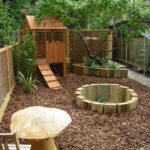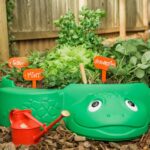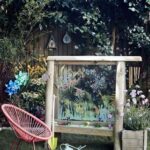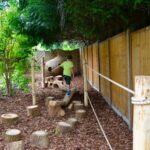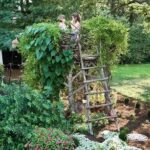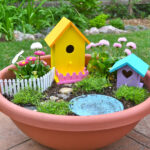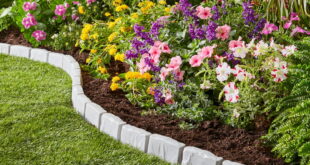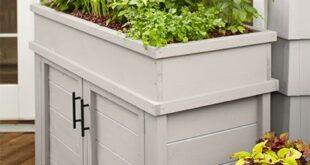Children’s gardens are a wonderful way to introduce kids to the joys of gardening and nature. Creating a space specifically for children to explore and play in the garden can foster a love for the outdoors and provide a hands-on learning experience. There are many creative and fun ideas for designing a children’s garden that will keep kids engaged and excited about gardening.
One idea for a children’s garden is to create a sensory garden. This type of garden includes plants and elements that stimulate all five senses – sight, smell, touch, taste, and hearing. For example, you could plant colorful flowers for visual appeal, fragrant herbs for scent, fuzzy lamb’s ear for touch, strawberries or cherry tomatoes for taste, and wind chimes or rustling grasses for sound. This sensory experience will help children learn about the natural world around them in a fun and interactive way.
Another fun idea for a children’s garden is to incorporate a themed garden. Whether it be a fairy garden, a dinosaur garden, or a butterfly garden, choosing a theme can add an element of magic and imagination to the outdoor space. Children can help create the theme by choosing plants and decorations that fit the theme, as well as playing with toy figurines or building fairy houses to enhance the magical atmosphere.
A vegetable garden is a great way to teach children about where food comes from and the importance of healthy eating. Kids can help plant, water, and harvest their own vegetables, giving them a sense of accomplishment and ownership over the process. Vegetables like cherry tomatoes, carrots, and snap peas are easy for children to grow and can be enjoyed right from the garden.
Incorporating fun and whimsical decorations in the children’s garden can add an element of playfulness and creativity. Things like colorful wind spinners, stepping stones, painted rocks, and homemade bird feeders can all add a personal touch to the space. Children can also get involved in making their own decorations using materials like clay, recycled materials, or natural objects found in the garden.
Finally, providing spaces for imaginative play in the garden can encourage children to use their creativity and problem-solving skills. Building a playhouse or fort, creating a fairy ring, or setting up a mud kitchen are all ways to inspire imaginative play in the garden. These types of activities can help children develop important social and cognitive skills while enjoying the great outdoors.
